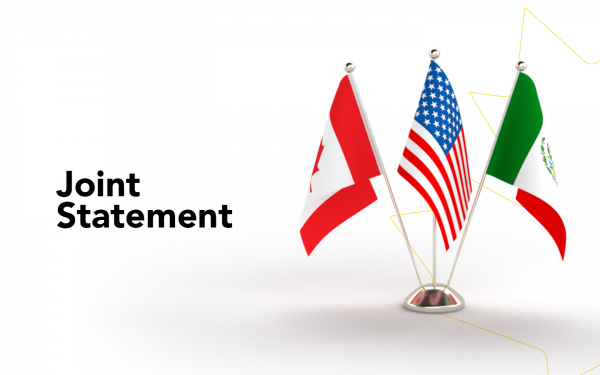Economic immigrants are key to our economic security
As published in the Financial Post
Skills shortages are putting Canada’s economic security at risk. Close to a million jobs across the country are vacant, many in critical fields such as health care and homebuilding that require workers with specialized training and experience. If we have any hope of filling these positions in the near future, increased economic immigration is key.
To that end, business leaders have urged the federal government to accept more economic-class immigrants in 2023. We think those with skills Canada desperately needs should constitute 65 per cent of all new permanent residents next year, rather than the government’s target of 58 per cent.
And yet, as important as it is for Canada to attract and admit skilled workers, it will all be for naught if they can’t work in their fields once they get here. As Immigration Minister Sean Fraser said last month, “I’m not interested in conducting a targeted draw for health care workers that are going to come to Canada and not be permitted to practice their profession.”
The crux of the problem is that the organizations responsible for recognizing foreign credentials in Canada – many hundreds of professional and trade associations as well as regulatory bodies in every province – too often assume international credentials are inferior to our own. This narrow-minded attitude ignores the fact that most other G20 countries have skills training and education programs that are equal to, if not better than, their Canadian counterparts.
Ensuring that newcomers are allowed to work in the fields for which they are trained should be a national priority. It is inexcusable that Canada would invite people to resettle here but then deprive them of the means to earn a living. This is especially short-sighted when the unemployment rate is close to a 40-year low, and many hospitals and businesses are struggling to hire.
It’s time to get creative, recognizing that nobody has a monopoly on good ideas. The private sector, other levels of government, and, yes, opposition political parties in Parliament have all come forward with innovative solutions for how Canada can overcome obstacles to leveraging the much-needed skills of newcomers.
Conservative Party and Opposition Leader Pierre Poilievre, for example, has proposed various ideas, including the federal government offering incentives for provinces and territories to ensure that immigrants who apply to have their credentials recognized receive a decision within 60 days.
As he explained, newcomers with foreign credentials or professional qualifications should be able to receive a “yes” or “no” answer about whether those credentials will be recognized based on their tested ability within 60 days of applying to work in their given field. This would represent a transformational improvement in the way occupational licensing bodies currently operate.
In cases where there is a difference between foreign and Canadian requirements, he suggested the government could extend modest study loans to people who need time or training to achieve a Canadian standard. This financial support would afford even more newcomers the means to do what they need to do to work in their chosen fields.
Finally, the federal government could work with professional licensing bodies to develop processes or pathways so that future immigrants who have applied to come to Canada can begin honing their credentials before they arrive. This would further reduce the time it takes to have foreign experience recognized, allowing newcomers to enter the workforce faster.
More broadly, Poilievre favours an employer-driven model of economic immigration. In simple terms, firms that can’t find a Canadian resident with the qualifications to fill a vacant position should be allowed to sponsor people to come here as temporary foreign workers with the assurance that they can quickly transition into permanent residency and eventually citizenship.
Canada’s major employers are doing their part to ensure that newcomers succeed. Countless companies work with community organizations that support immigrants with everything from training and mentoring to help with credentials recognition. A closer partnership between the private and public sectors on immigration policy could help improve Canada’s economic competitiveness.
Canadians’ economic well-being depends on economic immigration. We urgently need skilled workers to support economic growth, fight inflation and sustain the social programs on which Canadians rely. All levels of government should be open to bold, innovative solutions —regardless of where they originate.










